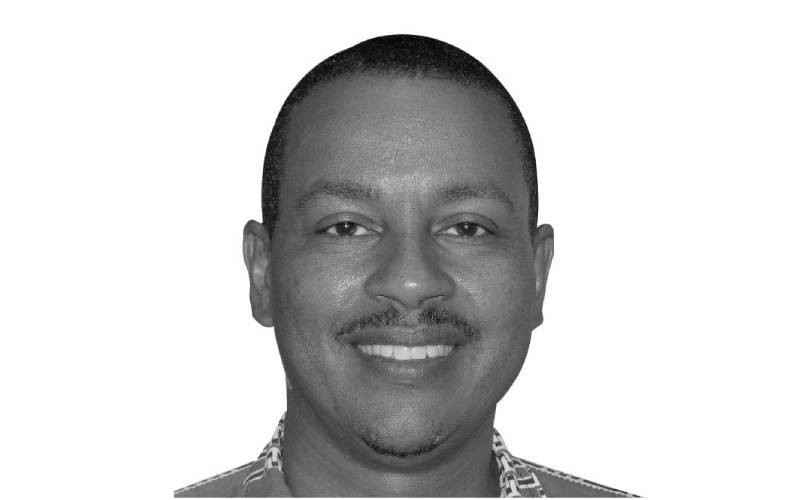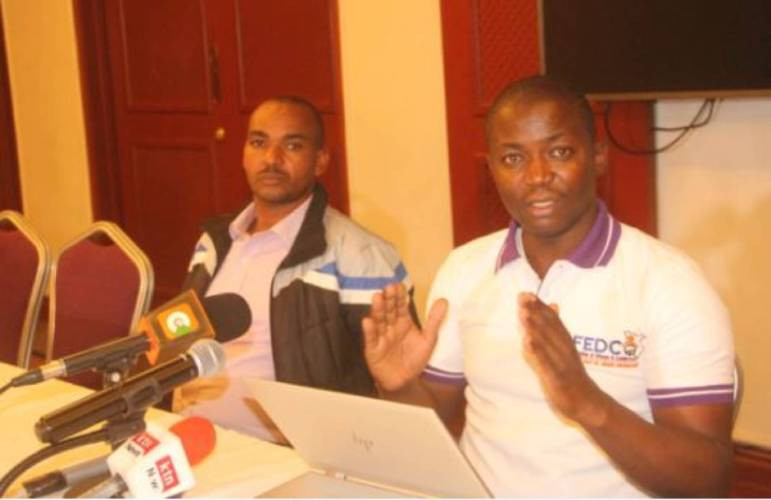Italy's top court on Tuesday definitively cleared Silvio Berlusconi of charges that he paid for sex with an underage dancer and then abused his position as prime minister to cover it up.
After nine hours of deliberations, the judges at the Court of Cassation delivered a ruling that brings to an end a lengthy legal saga which lifted the lid on the "bunga bunga" sex parties the billionaire tycoon and former prime minister organised in his Milan villa.
It also leaves the 78-year-old, who served three terms as premier, free to resume a central role in politics at the helm of his centre-right Forza Italia party.
Berlusconi has just finished serving a community service order for corporate tax fraud and remains embroiled in several other legal cases.
But they are thought unlikely to prevent him from potentially energising opposition to Prime Minister Matteo Renzi's plans to reform Italy's government and electoral system.
Tuesday's late night verdict came after a hearing in which a senior prosecutor had described the elderly party-lover as having a "dragon's passion" for teenage girls.
Berlusconi was convicted in 2013 of the most serious charges he has faced in a scandal-tainted career, only to be acquitted on appeal a year later.
The quashing of his seven-year prison term and a lifetime ban from public office triggered a counter-appeal by prosecutors to the Court of Cassation.
After a three and a half hour hearing earlier on Tuesday, the judges spent nine hours considering the case before delivering their eagerly-awaited and potentially hugely significant verdict.
The billionaire businessman whose empire includes the AC Milan soccer club, has always denied paying for sex with a 17-year-old dancer called Karima El-Mahroug who went by the stage name "Ruby the Heart Stealer."
He maintained he only tried to help the Moroccan national when she was later arrested for an alleged theft because he thought she was a niece of the then Egyptian president Hosni Mubarak.
The appeal court appeared to accept that argument when it ruled that Berlusconi had not abused his power. The court also ruled that Berlusconi had not committed a crime in having sex with Ruby as he did not know she was under 18, the legal minimum for a prostitute to sell sex in Italy.
'Like Mel Brooks film'
Prosecutor Edoardo Scardaccione had told Tuesday's hearing that Berlusconi's antics had held Italy up to ridicule.
"The Mubarak's niece episode was worthy of a Mel Brooks film," he said. "The whole world was laughing at us behind our backs."
Stay informed. Subscribe to our newsletter
Scardaccione also unsuccessfully attempted to convince the judges that Berlusconi and his entourage knew full well that Ruby was only just 17 at the time of their encounter.
"He had a dragon's passion for minors," the prosecutor told the court.
Berlusconi was not present at a hearing which analysts had billed as crucial for his ability to reassert control over his fragmenting party.
Giovanni Orsina, an academic at the LUISS business school in Rome and an expert on the media magnate's impact on Italian politics, said the distraction of legal battles had helped Renzi emerge as the dominant figure in Italian politics.
"Berlusconi's clarity of mind basically disappeared (with the tax conviction)," he argued. "Since then he has been uncertain, unclear and politically ineffective."
But with the Ruby case now out of the way, Orsina believes Berlusconi could inflict "real damage" on Renzi's reform agenda.
Renzi reforms threatened
Renzi relied on support from Berlusconi to steer landmark labour reforms through parliament late last year.
But their alliance collapsed last month after Renzi successfully backed an actively anti-Berlusconi candidate, Sergio Mattarella, to become Italy's new president.
The Forza Italia leader has since vowed to fight proposals to effectively abolish the Senate and adopt a new electoral law designed to produce governments with working parliamentary majorities.
Berlusconi's entire political career has been overshadowed by allegations of criminal behaviour and serial court cases: and they are not completely over.
He could yet be convicted on charges that he paid off many of the young women who attended his famous soirees in return for false testimony in the Ruby trial.
Also outstanding is a charge that he paid a senator three million euros ($4.0 million) in 2006 to join his party and destabilise a centre-left government.
Past experience however suggest the tycoon's lawyers may be able to string out both cases for sufficient time for the charges to be dropped without a judge ever making a ruling.
 The Standard Group Plc is a
multi-media organization with investments in media platforms spanning newspaper
print operations, television, radio broadcasting, digital and online services. The
Standard Group is recognized as a leading multi-media house in Kenya with a key
influence in matters of national and international interest.
The Standard Group Plc is a
multi-media organization with investments in media platforms spanning newspaper
print operations, television, radio broadcasting, digital and online services. The
Standard Group is recognized as a leading multi-media house in Kenya with a key
influence in matters of national and international interest.
 The Standard Group Plc is a
multi-media organization with investments in media platforms spanning newspaper
print operations, television, radio broadcasting, digital and online services. The
Standard Group is recognized as a leading multi-media house in Kenya with a key
influence in matters of national and international interest.
The Standard Group Plc is a
multi-media organization with investments in media platforms spanning newspaper
print operations, television, radio broadcasting, digital and online services. The
Standard Group is recognized as a leading multi-media house in Kenya with a key
influence in matters of national and international interest.







